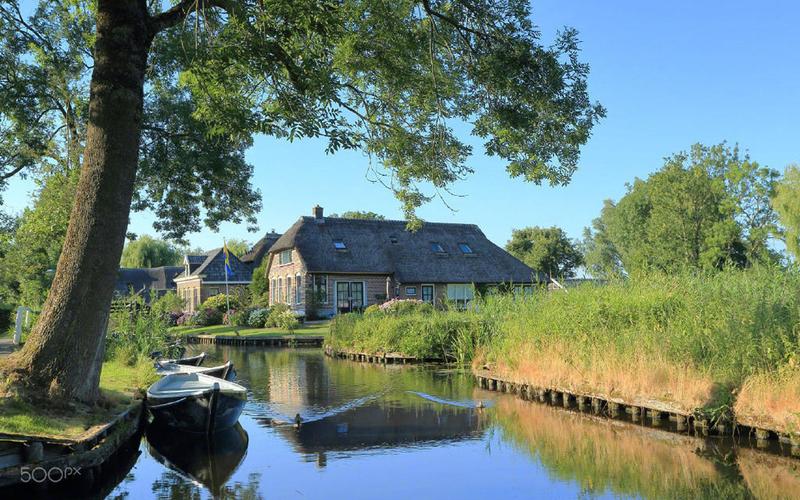Exploring the Diversity of Cultural Traditions in India: A Journey Through the Land of Festivals and Rituals
India is a land of rich cultural heritage and diverse traditions, a true melting pot of religions, languages, and customs. This country of over 1.3 billion people is home to numerous festivals and rituals celebrated with great enthusiasm all year round. In this article, we will explore the various cultural traditions of India and understand why they hold such significance for the people.
The Significance of Festivals and Rituals in Indian Culture
Festivals and rituals are an essential part of Indian culture as they help people connect with their heritage and roots. These celebrations bring people together, breaking down barriers of caste, religion, and beliefs. Many festivals are observed throughout the year, and each one has a unique significance. For instance, Diwali, the festival of lights, is celebrated to mark the triumph of good over evil. Similarly, Holi, the festival of colors, signifies the victory of love over hate.
Rituals are also an integral part of Indian culture and are performed with great devotion and dedication. The custom of performing puja (worship) at home or in temples is prevalent in Indian society. Lord Ganesha, the remover of obstacles, is one of the most revered Hindu deities, and his idol is worshipped before the start of any new venture or activity.
Exploring the Diversity of Festivals in India
India is a unique blend of diverse cultures and traditions, and this is reflected in the numerous festivals celebrated across the country. Each state has its distinctive style of celebrating the same festival, making each celebration a truly unique experience.
The most significant festival of India is undoubtedly Diwali, which is celebrated with great pomp and show throughout the country. In the northern states, people light diyas (earthen lamps), burst firecrackers, and decorate their homes with rangolis (colored powder designs) to welcome Lord Rama, who returned home after 14 years of exile. In contrast, in the southern states, people prepare elaborate feasts and exchange sweets to celebrate the victory of Lord Krishna over the demon Narakasura.
Another popular festival is Holi, which is celebrated with much fanfare all over the country. This festival signifies the arrival of spring and is celebrated by throwing colored powders and water at each other.
Other festivals that are celebrated with equal vigor and enthusiasm include Eid, Durga Puja, Navratri, Christmas, and many more.
The Importance of Rituals in Indian Culture
Rituals are an essential aspect of Indian culture, representing the connection between the individual and the divine. These customs are performed to seek blessings, purification, and guidance. For instance, the aarti (lamp) ritual is performed at the end of puja to seek the blessings of the deity. Similarly, the marriage ceremony in India involves numerous rituals that signify the union of two souls.
The custom of pilgrimage is also prevalent in Indian culture, with millions of people visiting holy places every year. The Kumbh Mela, held every 12 years, is one of the largest religious gatherings in the world, with millions of people taking a dip in the holy river Ganga to seek blessings.
The Way Forward
India’s cultural heritage is vast and diverse, and it is essential to preserve and promote it to future generations. The government has been taking various initiatives to promote India’s traditional art forms, handicrafts, and music on the global stage. It is also critical to ensure that these activities are sustainable, eco-friendly, and inclusive for all.
In conclusion, exploring the diversity of cultural traditions in India is a journey that is fascinating and enlightening. India’s rich history, customs, and festivals form an integral part of its identity, and it’s a privilege to be able to experience them firsthand. As we move forward, let us continue to celebrate and cherish India’s cultural diversity and strengthen our bonds of unity and brotherhood.
(Note: Do you have knowledge or insights to share? Unlock new opportunities and expand your reach by joining our authors team. Click Registration to join us and share your expertise with our readers.)
Speech tips:
Please note that any statements involving politics will not be approved.
